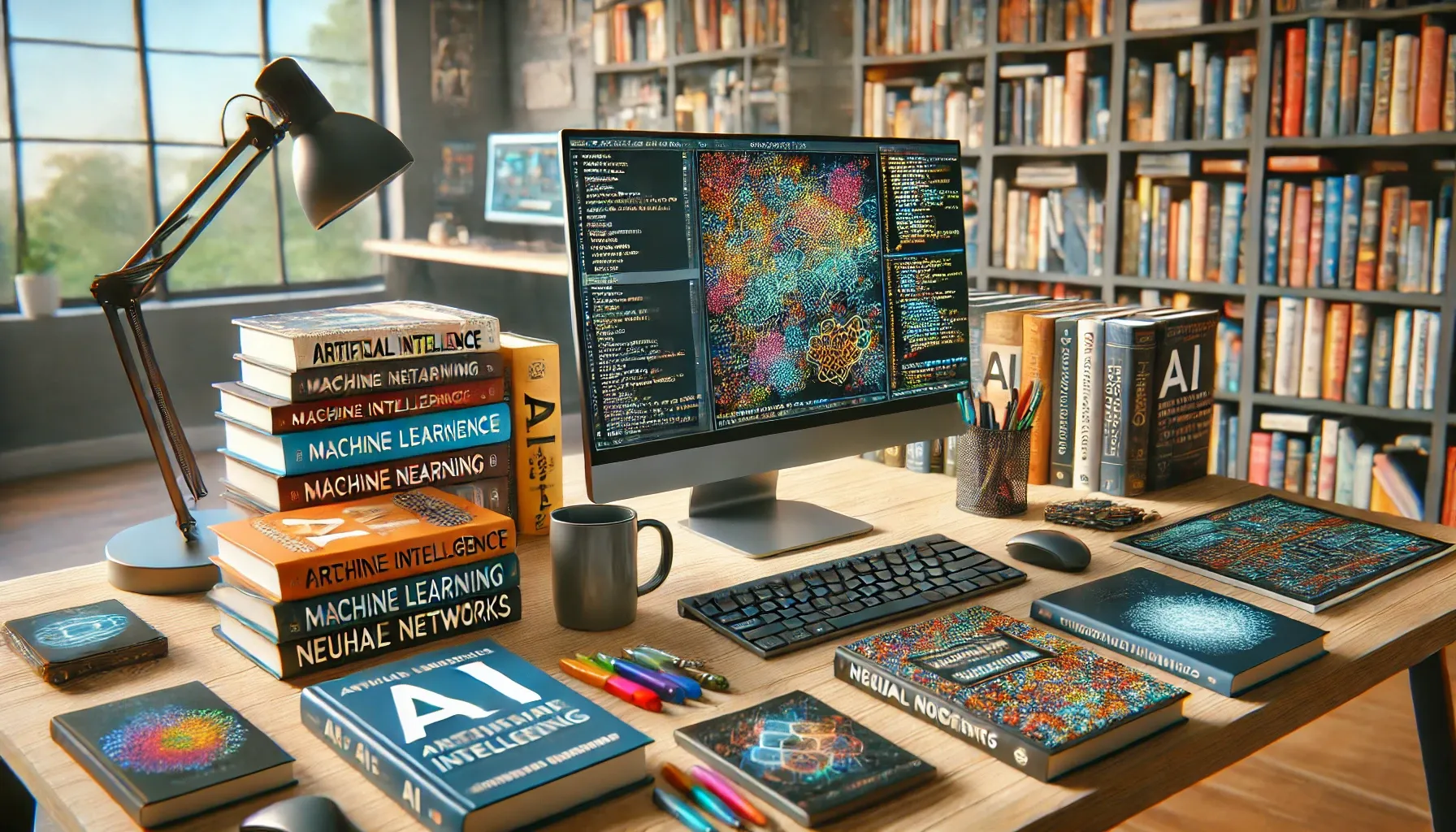Beginner-Friendly Python and AI Books I Recommend for Getting Started
Discover the beginner-friendly Python and AI books that helped me start my journey. From practical coding guides to foundational AI textbooks, these are my personal recommendations.

If you’re new to coding and looking to get started, don’t worry—there are some amazing resources out there to help you build your skills step by step. I’ll share the tools and books that helped me during my Master's in Artificial Intelligence. These are beginner-friendly, insightful, and, in some cases, completely free!
Please note that I am not at all sponsored, so clicking any of these links will simply forward you to where you can secure these resources. I will get zero kickback. This list is merely a list of books/resources that I personally like that contributed to my early success in AI.
Getting Started with Python
If you’ve never coded before, I highly recommend starting with Python—it’s one of the most beginner-friendly programming languages. A great starting point is Automate the Boring Stuff with Python by Al Sweigart.
This book is free to read online and is perfect for learning Python basics in a practical way. It covers everyday tasks like organizing files, automating repetitive tasks, and working with spreadsheets. You'll also get familiar with Python syntax and concepts that will show up in more advanced AI textbooks later.
Must-Read AI Textbooks and Resources
When you’re ready to dive into AI, these are the textbooks and resources I recommend. I personally used them throughout my Master's in Artificial Intelligence, and they remain my go-to references:
1. Dive into Deep Learning
Written by Aston Zhang, Zachary Lipton, Mu Li, and Alexander Smola, this interactive online textbook is a game-changer. It’s packed with code examples, clear explanations, and intuitive math that demystifies AI concepts.
For a more interactive experience, visit the official website where you’ll find interactive exercises and hands-on projects. If you prefer a static PDF version, you can download it directly here.
2. Hands-On Machine Learning with Scikit-Learn, Keras, and TensorFlow
By Aurelien Geron, this book is fantastic for practical learners. It guides you through building machine learning models using popular libraries like Scikit-Learn and TensorFlow, complete with real-world examples and exercises (code included)
3. Artificial Intelligence: A Modern Approach (4th Edition)
Authored by Stuart Russell and Peter Norvig, this is one of the most widely-used AI textbooks globally. It offers a thorough overview of AI, including its history, optimization models, and future directions. The link to a free PDF version is given above.
4. Deep Learning
By Ian Goodfellow, Yoshua Bengio, and Aaron Courville (pioneers in AI if you aren't aware) this textbook is a classic. While it’s math-heavy and less visual than some other books, it dives deep into neural networks, loss functions, and optimization techniques. If you’re comfortable with linear algebra and calculus, this book is an excellent choice. The link provided points you to a free source online.
Video Resources
Sometimes, hearing a concept explained aloud makes all the difference. That’s why I recommend Andrew Ng’s lectures on Coursera. I most definitely leveraged his videos during my Master's! His calm and approachable teaching style makes complex AI topics more palatable and easier to understand.
Final Thoughts
Diving into Python and transitioning into AI might feel daunting at first, but with the right resources and mindset, it becomes an exciting and rewarding journey. The key is to stay consistent and curious—take it one book, course, or project at a time. Progress may seem slow at first, but every step builds a foundation that leads to confidence in writing code and creating AI models.
While tools like ChatGPT can be incredibly helpful for debugging and generating working code, it’s essential not to rely on them too heavily in the beginning. Learning the fundamentals is critical—without them, you may struggle to diagnose and fix the small, complex errors that inevitably arise in real-world projects. ChatGPT is a fantastic resource, but to get the most out of it, you’ll need to understand coding basics and how to communicate your needs effectively, using the proper terminology for your projects.
Stay patient, embrace challenges, and enjoy the process—you’ve got this!

